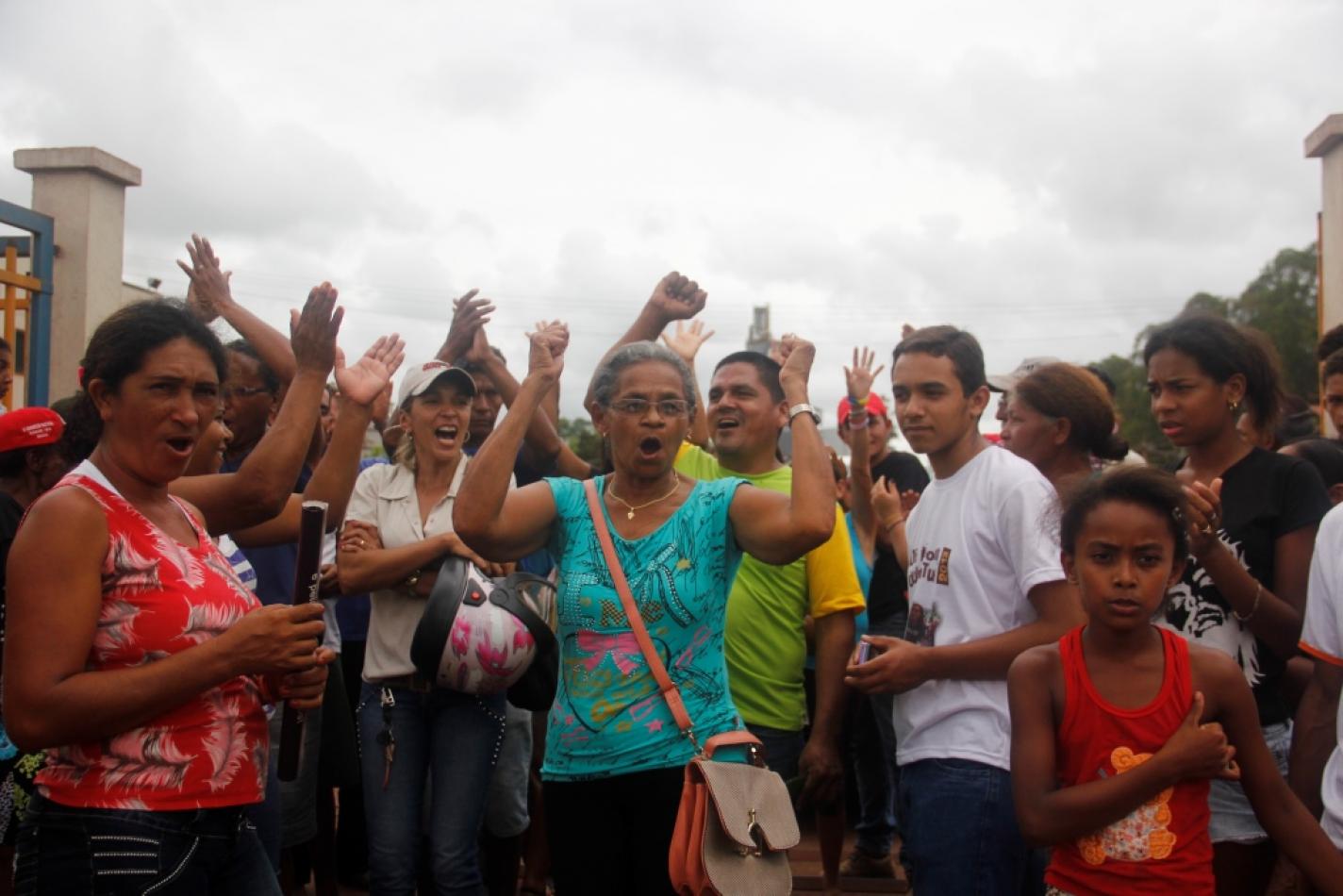Daniel Comboni
Comboni Missionaries
Institutional area
Other links
Newsletter
Monday, February 21, 2022
Chapter 5 of the encyclical Fratelli Tutti is dedicated to a better kind of politics, which is one that is truly at the service of the common good. Pope Francis rehabilitates politics as the noble social activity that pursues the common good. And as an example of this better kind of politics, he presents (FT 169) the popular movements that generate various forms of popular economy and community production at the grassroots level.
These movements are experiences of solidarity that grow from below, from the excluded sectors and groups of society. They are “sowers of change, promoters of a process involving millions of actions, great and small, creatively intertwined like words in a poem”.
The Comboni Social Pastoral of Piquiá – Açailândia in the state of Maranhão in Brazil, with the network “Justiça nos Trilhos” (Justice on the Trails), the “Casa Familial Rural” (Rural Family House) and the “CIRANDA” (Centre for Rural Innovation and Agroecological Development), is aligned in the promotion and accompaniment of these popular movements. The Justiça nos Trilhos network aims to reduce the impacts on the population and on the environment of the development model that causes the depletion of natural resources, and it demands that the activities of mining and steel companies, such as Vale, be controlled by the relevant authorities. It also seeks mechanisms that will allow a better life for the communities of the Carajás Corridor.
The Casa Familial Rural, with her technical school of ecological and family-led agriculture, and its “CIRANDA” experiments with and transmits technological solutions adapted to family and peasant agriculture, promoting agroecology and well-living as an alternative to large-scale agri-food projects and rural exodus. The aim of this social ministry is to multiply in the region those whom the Pope calls “social poets” who, in their own way, work, propose, promote and liberate so that integral human development is possible. They help make possible an integral human development that goes beyond “the idea of social policies being a policy for the poor, but never with the poor and never of the poor, much less part of a project that reunites peoples”.
A better kind of politics is that which takes place according to the model of those popular movements that grow from below, through these social poets because without them democracy shrinks and becomes a nominalism, a formality; it loses its representativeness and becomes disembodied because it excludes the people in their daily struggle for dignity and in the construction of their destiny.
Fr. Joseph Mumbere MCCJ
[combonimission.net]




